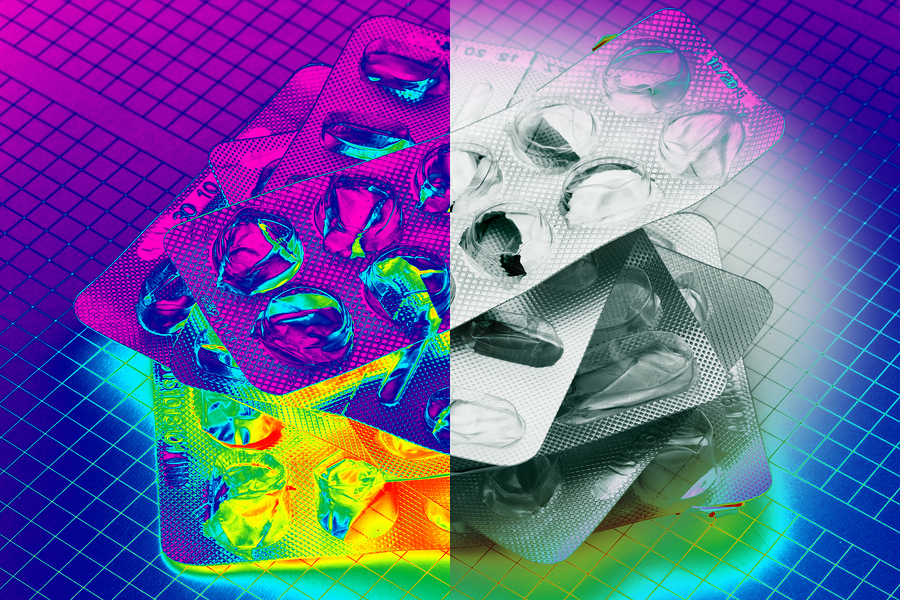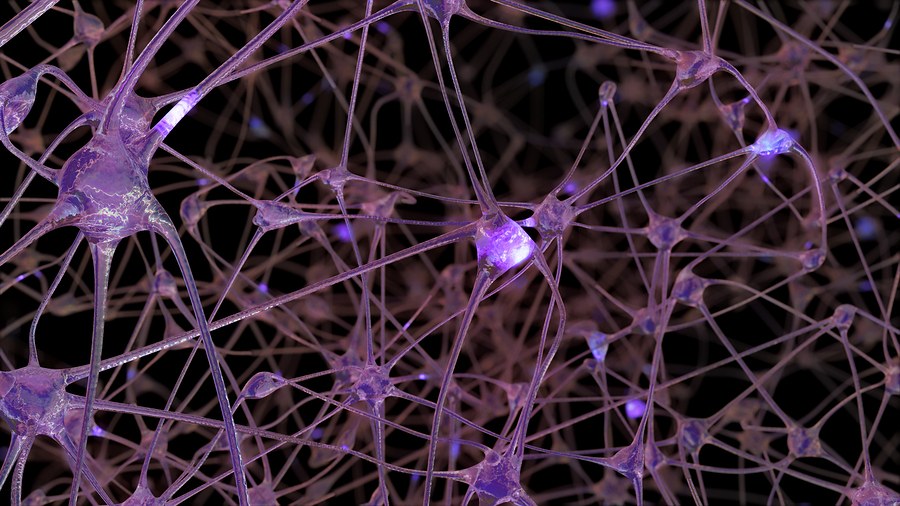
A traditional saying tells us as that money can’t buy happiness and most people agree that having everything doesn’t make you happy. But in many cases, a person’s income can determine how and when they are able to heal. People with depression or anxiety are not always able to afford treatment, especially some of the more costly options available to those with a higher income.
People with more money are not necessarily happier, but they do have more opportunities to pay for mental health recovery. When a person is simply struggling to survive and is worried about their financial situation, they may not have the luxury of working on their mental health. For people with severe depression and other mental health issues, money can be an obstacle that prevents them from getting the treatment that they need.
When someone has a higher income they will find it easier to pay for a highly qualified therapist without worrying about their insurance or being put on a waiting list. They can also afford more alternative kinds of treatment that insurance may not cover such as acupuncture, energy healing and other methods. They aren’t necessarily less likely to be depressed, but they do have a wider range of options to help them recover.
Recognizing financial obstacles in getting help is important in improving the overall state of mental health for people in the U.S. Providing more affordable options for treatment is crucial so that everyone can have equal access to recovery from mental illness. For many people, mental health is a luxury that they cannot afford to focus their energy or finances on.
Mental health should not be a privilege but unfortunately that is the case for many people. More mental health programs for low income individuals may be able to help improve the situation and make it possible for people to get the help they need.
The post Money Doesn’t Equal Happiness or Depression? appeared first on The Gooden Center.
source https://www.goodencenter.org/money-doesnt-equal-happiness-or-depression/











